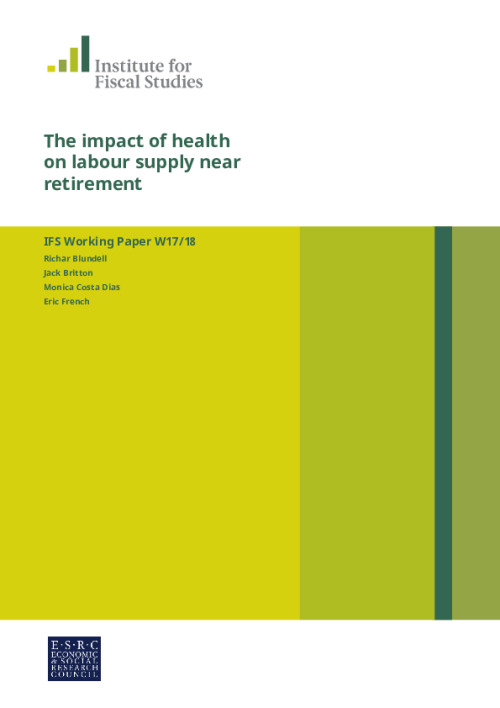Estimates of the effect of health on employment differ signi cantly from study to study due to differences in method, data, institutional background and health measure. We assess the importance of these differences using a unifi ed framework to interpret and contrast estimates of the impact of health on employment based on various measures of health and estimation procedures. This is done for the US and England. We fi nd that subjective and objective health measures, as well as subjective measures instrumented by objective measures produce similar estimates if a sufficiently large number of objective measures is used. Reducing the number of objective measures used compromises their ability to capture work capacity and biases estimates downwards. Failure to account for initial conditions leads to an overstatement of the effect of health on employment. We also find that a carefully constructed single index of subjective health yields estimates that are very similar to those obtained with multiple measures. Overall, declines in health can explain between 3% and 15% of the decline in employment between ages 50 and 70. These effects are larger among high-school dropouts and tend to drop with education; they are also larger in the US than in England. Finally, cognition has little added explanatory power once we also control for health, suggesting that cognition is not a key driver of employment at these ages.












